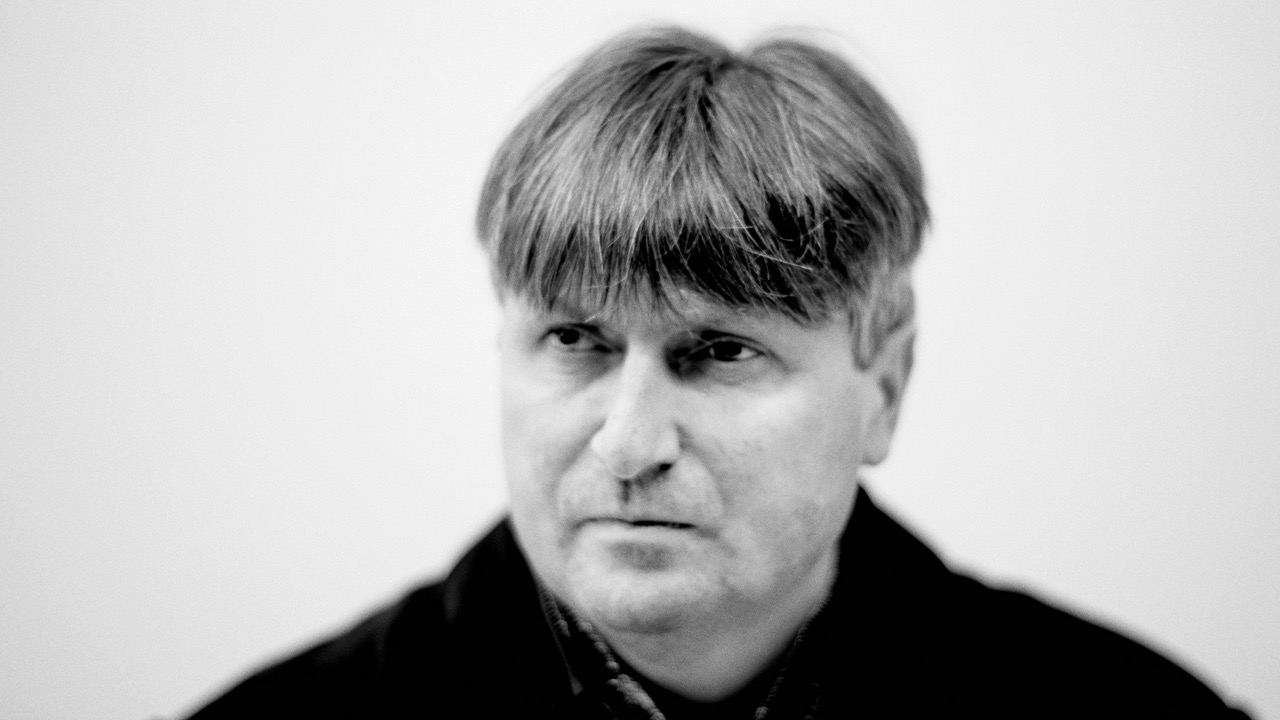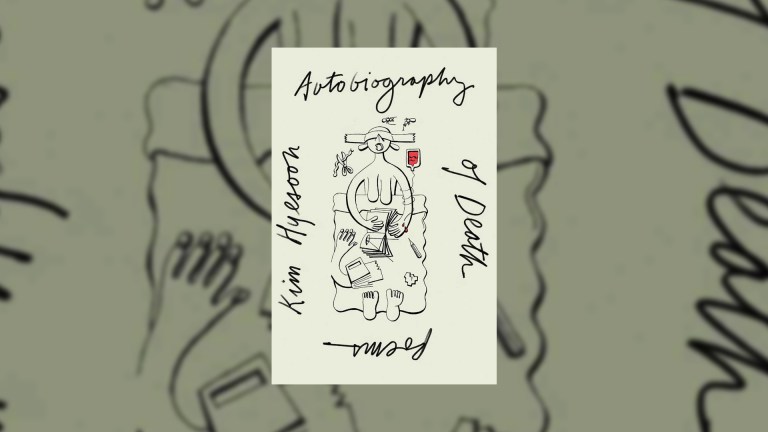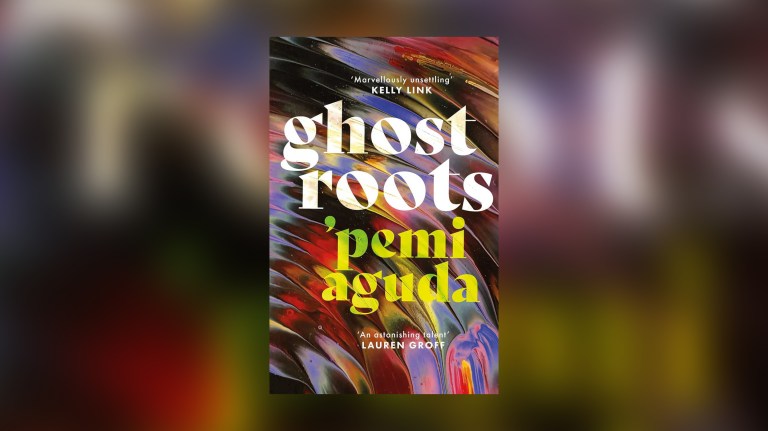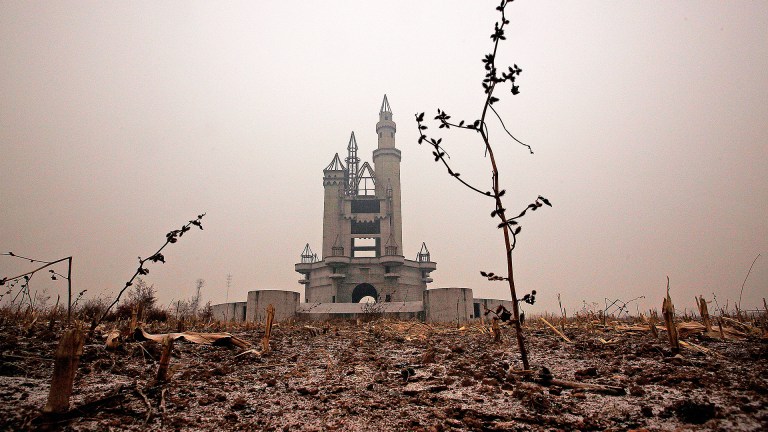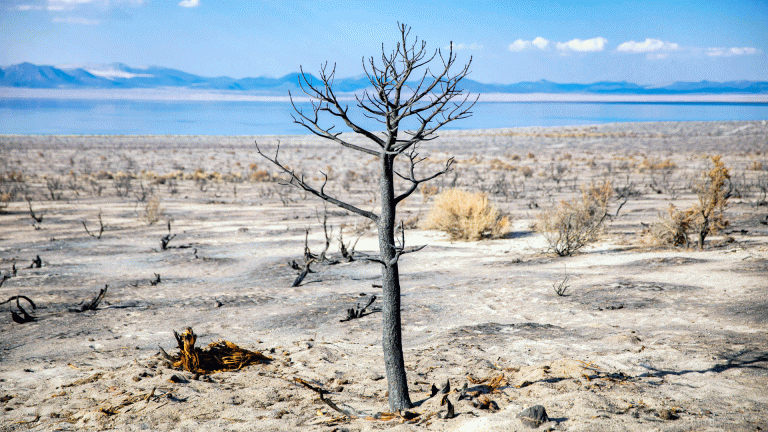I honestly don’t know what to think of my younger self. Sometimes I was an angel and sometimes I was a weasel and most times I guess I was something in between (a weagel?), living in my head, dreaming of the impossible. I was a reluctant and occasionally irritating student at a school that was too big to give anyone much individual attention. I got beaten up a few times and once had a bit of a scuffle with a teacher. I thought of myself as literary on account of the one or two books I’d read and a few lines of poetry I’d scribbled here and there, but music was the true salvation. Bowie, then punk, then anything that might be considered alternative and beyond the hearing of most classmates. I started going to gigs, buying records, wearing badges. In front of the mirror I was a rock star.
It was a village life with all the attendant attractions and frustrations. I spent a lot of time on my own walking around on the moors, or on my bike with my friends. For weeks on end there’d be NOTHING TO DO and it rained a lot. In my bedroom the radio was a magic portal to another universe, especially the John Peel show. When I’m writing and recording with [his band] LYR I can’t help wondering if Peel would have played us, and the kind of enigmatic quip he might have introduced us with. People still come along to readings and tell me they first heard me reciting poems on one of Mark Radcliffe’s graveyard shift programmes when they should have been revising for exams – I’d been the same kid 10 years earlier.
My parents were typical of their generation and their class, I suppose. They were broke a lot of the time so our holidays would be things like going to swim in a reservoir or climbing a hill in Scotland or being farmed out to relatives in Bridlington. They were caring but not helicopter parents by any means. As long as I wasn’t brought home in a cop car they pretty much left me alone. I might easily have left school at 16 and gone to work in one of the local factories and they wouldn’t have stopped me. David Brown Tractors and David Brown Gears were the two local apprenticeship options in Huddersfield, though god knows what I would have done there. How many times can you write Ode To A Crankshaft? What even is a crankshaft?
The one time my dad really intervened was to get on the phone to clearing and find me a place on a geography degree after I’d screwed up my A levels. By ‘screwed up’ I mean achieved the grades I deserved, based on the effort I’d put in. Next thing I knew, I was standing on a pavement outside a boarding house in Southsea with mum and dad driving off along the road. As an unambiguous northerner I made a fairly determined effort to dislike Portsmouth but capitulated in the end. I met one of my best friends there and music was the bond, still is. In those days universities and polytechnics were at the heart of the live music scene, especially for indie and new wave bands. There was a gig every weekend in the student union. Billy Bragg opened with the first few chords of Ziggy Stardust then said, “That’s to get all the Bauhaus fans out of the bar.” I was one of them [the band had a UK Top 20 hit with a cover of the David Bowie song in 1982]. I’d seen them the week before and the eyeliner hadn’t worn off.
I was living two lives: a would-be probation officer by day and a pretend poet at the weekends
The writing began out of homesickness, trying to channel Ted Hughes, rewriting his poems about the West Riding. If I could give patronising advice to the 18-year-old me, I’d say “It’s fine, just do whatever you want,” but that’s probably hindsight speaking. I’ve described the idea of becoming a writer back then as like standing at the bottom of Everest with a piece of string and a stepladder. Eighties Britain was a grimy and violent place in my memory, and Thatcherism was in the ascendency. I had to absorb and process all that before I had anything to say or any way of saying it, but at the time it wasn’t some form of fact-finding mission, it was just reality.
